At the beginning of the year I was a newbie in sports nutrition products, including SiS nutrition. I remember on a long run last year, a friend giving me a gel to try. After taking the smallest of slurps, I came very close to spitting it out.
Then before the London Marathon I was invited to a Science in Sport (SiS) afternoon on nutrition and fueling for marathon day. I came home with some pointers and a great batch of goodies that I incorporated into my marathon training. You can read about what I learned here, and then what I put into practice and how it went. The gels work for me and I also still carry jelly babies with me on very long training runs and during races.
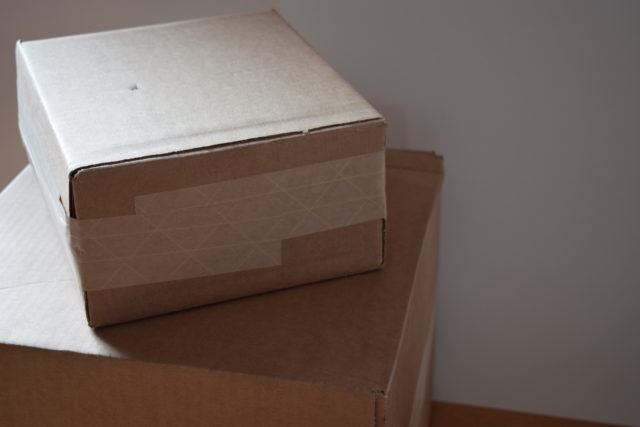 Since then, SiS very kindly sent me a couple of boxes of products to review – thank you and very much appreciated. To be honest, I’d never heard of most of this stuff.
Since then, SiS very kindly sent me a couple of boxes of products to review – thank you and very much appreciated. To be honest, I’d never heard of most of this stuff.
Being someone who loves to ask a lot of questions, and is generally skeptical of claims made, I did a bit of research.
I am not a scientist nor a nutritionist nor a dietitian.
I do ask lots of ‘annoying’ questions. While this isn’t a particularly technical post, if I have any of the science wrong, or if you have other research based evidence you’d like me to reference, please let me know.
As with everything I say on food and nutrition in this blog, it’s what works for me and everyone has different requirements. One thing I would say is that supplements are no replacement for a decent diet – SiS folks would certainly agree. And I know lots of amazing runners whose supplementation goes as far as a few jelly babies during a marathon!
I’m a big fan of Michael Pollan and the mantra ‘Eat food. Mostly Plants. Not too much.’ though often failing on the final point. I’m also a big fan of The Angry Chef and the rants about nutri-bollocks – do go check out his posts!
Overall, I’m extremely reluctant to take supplements. There are lots of things I can do without them to improve my running – a lot more running, tweaking my diet, core and strength and conditioning work, and losing some weight.
Here goes…
SiS Nutrition
GO Caffeine Shots
If you’ve read some of my previous posts, you may have gathered I’m a bit of a fan of caffeine.
These little bottles of goodness have 150mg of caffeine – the equivalent of about 2 cans of Red Bull or a few coffees, but in concentrated form.
I used a couple of these during the ultra and sometimes take one along for the ride to races. After a sip, I can feel the effects pretty much immediately so one bottle will last me at least an hour if not longer. I find the taste quite bitter but not so much I’d stop using the product.
Love these. I’m also a fan of caffeine gels.
There is good evidence that caffeine can support endurance activities, but a lot is still unknown. Read Exercise and Sport Performance with Low Doses of Caffeine if you want to know more. Do read the conclusion – you need to work out what works for you.
I know some folks who react badly to caffeine generally, and others who are normally fine except for when they use it just before or during sport when it results in urgent pit stops – in this case, these won’t be for you. If you’ve not used caffeine as part of training, do not use it on race day.
SiS Overnight Protein – Cookies and Cream Flavour
This is promoted as a slow digesting protein that helps maintain muscle mass as you sleep. It includes casein and whey proteins. The recommendation is to drink this an hour or so before sleep.
I’m by no means a big user of protein powders. I prefer the food option. During heavier training cycles, I do keep an eye on how much protein I’m getting. I’m pescatarian and eat fish perhaps once or twice a week. The rest of the time I don’t eat any meat or fish and eat a wide variety of food including the occasional piece of cake. Overall, my diet is pretty healthy. I’m conscious that when the miles build, I need to up my protein a little.
A few research studies have demonstrated that ingesting some forms of protein before bed may have benefits for some, particularly post-exercise. Note though that a number of the sample groups are small and made up of young men, or obese men and women, so it’s difficult to say what generalisations can be drawn for the general population! Also note that there are lots of sources of protein in food rather than powders.
Here are links to a couple of abstracts
Pre-Sleep Protein Ingestion to Improve the Skeletal Muscle Adaptive Response to Exercise Training
REGO Rapid Recovery
There’s a good bit of evidence about the importance of nutrition to support recovery i.e restore glycogen levels and for muscle protein synthesis. [See this]
To be honest I don’t worry too much about this after shorter runs. When I do really pay attention is after longer runs, say 10 miles plus, where I know recovery can take a few days.
Rapid Recovery is made up of a mix of protein and carbs and includes a number of vitamins and minerals.
Where I can, I tend to opt for a mocha and/or food which is always my preferred option. If I really can’t face the thought of these, then I might consider a product like this.
BCAA Perform
Huh? Yep, I needed to do a little research again on this one.
So, BCAA stands for Branch Chain Amino Acids. Again, this is sold as an easy way to support the maintenance of muscle mass. The research on this is mixed.
This abstract suggests it may help with DOMS. The sample group in this case was untrained young women who did a lot of squats. And there are a number of other studies that indicate similar findings. What isn’t included in the abstract is whether there would be the same outcome with a good meal afterwards.
What remains more unclear is whether BCAA helps performance. It seems popular in body building circles and is becoming more popular across a range of sports.
To be honest I haven’t used much of this product. I find a well balanced meal soon after heavier workouts has real benefits for my recovery.
I’ll leave it up to you to decide.
L-Glutamine
According to the packaging, SiS recommends using L-Glutamine as part of your training regime. Glutamine is an amino acid found in meat and plants proteins. The body can generally synthesise enough.
I couldn’t find a lot of research on this for athletes. However, an abstract I did find on Medline suggested it may be helpful in restoring immune function and reduce the immunosuppressive effects of heavy training loads. And this builds on some evidence that glutamine supplementation can provide some benefit to critically ill and/or surgical patients – it is flagged that the results must be treated with caution.
From a simple search, I couldn’t find research comparing this to dietary intervention though I’m sure there’s lots out there. To be honest, I’ll stick to the food option.
Creatine
The supplement is intended to increase physical performance, particularly in high intensity exercises like sprints and power lifting. It’s also one of the most popular out there. I got a bit of a headache doing research on this one.
If you want more info, you could read International Society of Sports Nutrition position stand: safety and efficacy of creatine supplementation in exercise, sport, and medicine. And do a search on creatine and sports performance.
So, if you’re thinking about getting some, I’d suggest speaking to a dietitian or nutritionist first i.e. someone with credentials (which I certainly don’t have). Or, if you already take it, let me know how it works for you.
Concluding thoughts…
I’m not the target market for these products and I know this. I’m a middle aged woman, I’m not a weight lifter and given ongoing back issues, HIIT training is not something I’m willing to try. And I don’t do weights though I know I should do at least light weights as I get older.
For the 50k, this is the sort of stuff I took along…
I didn’t end up using all the gels, instead opting for pretzels, sandwiches and cornchips offered on route.
Followed by post-race nutrition like this…
For me the key take away for all this is you need to work out what works for you. Do the research – PubMed is a great resource, as well as the UK’s National Institute for Clinical Research.
For me, I’ll be focusing on my basic nutrition first. And as I mentioned above, I know lots of fantastic runners who don’t go down the supplementation route. There are no quick gains to be made, the work is still required.

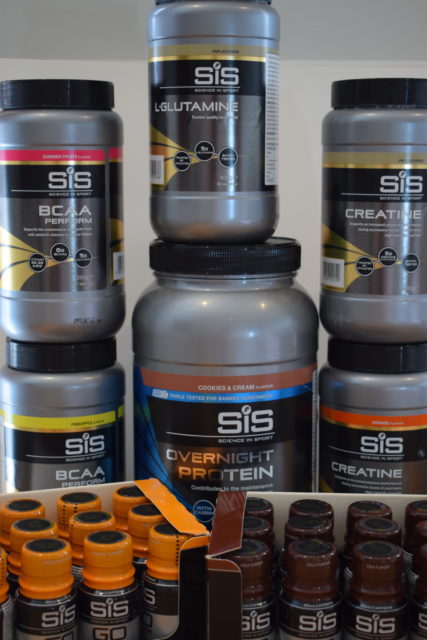
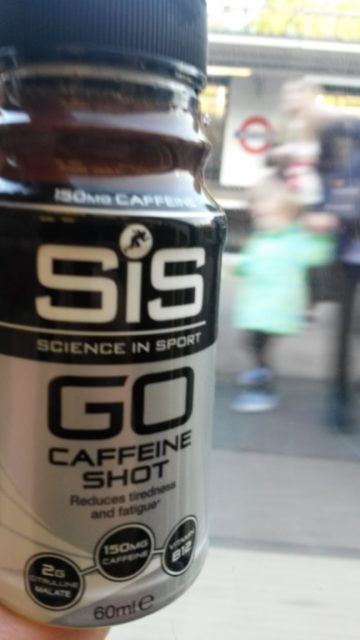
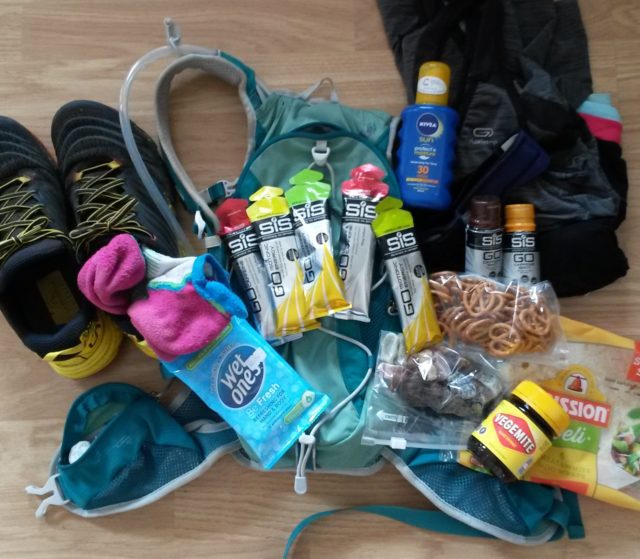
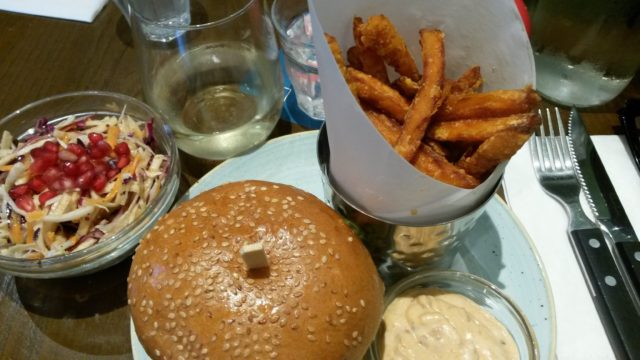
A sensible and considered post and I love your emphasis on not trying things in races you haven’t practised with! I like caffeine gels, too, my only problem with SIS is that other gels give more calories for smaller packaging to carry although I appreciate you need less water at the time with these runnier gels. I have seen the caffeine drinks and would try these, so appreciate your comments on them. Like you, for the other stuff, I prefer to have real food. I do buy protein cheese because it’s low sat fat too and I worry about my protein when I’m training harder.
Thanks so much Liz, I really appreciate the feedback. It was a tricky one to write, though I have to admit the research was fun and how it had at times been interpreted i.e. it was tested on 20 young healthy men or women, or obese men and women, so it must be generalisable to the whole population?!?
These gels I can take without water which works for me. And yep, real food is always the best option. I haven’t come across protein cheese but will look out for it. I don’t worry too much about sat fat as I don’t eat a lot of stuff with it in and my cholesterol is all good! I do try and make sure I have some sort of protein at every meal which means being a little creative which is always fun, and will have the very occasional protein shake after a very long run! Happy running!
I have high cholesterol if I don’t control it with a low sat fat diet (that works for me, not for everyone) and lots of oats, which are good for runners anyway. You can get protein cheese in Waitrose and online and it’s pretty tasty. I liked the way you talked about who the stuff was tested on, too.
Cheers Liz, and thank you. Yep, I get annoyed when the press take the conclusions of tiny studies on very specific populations and then generalise…Happy running!